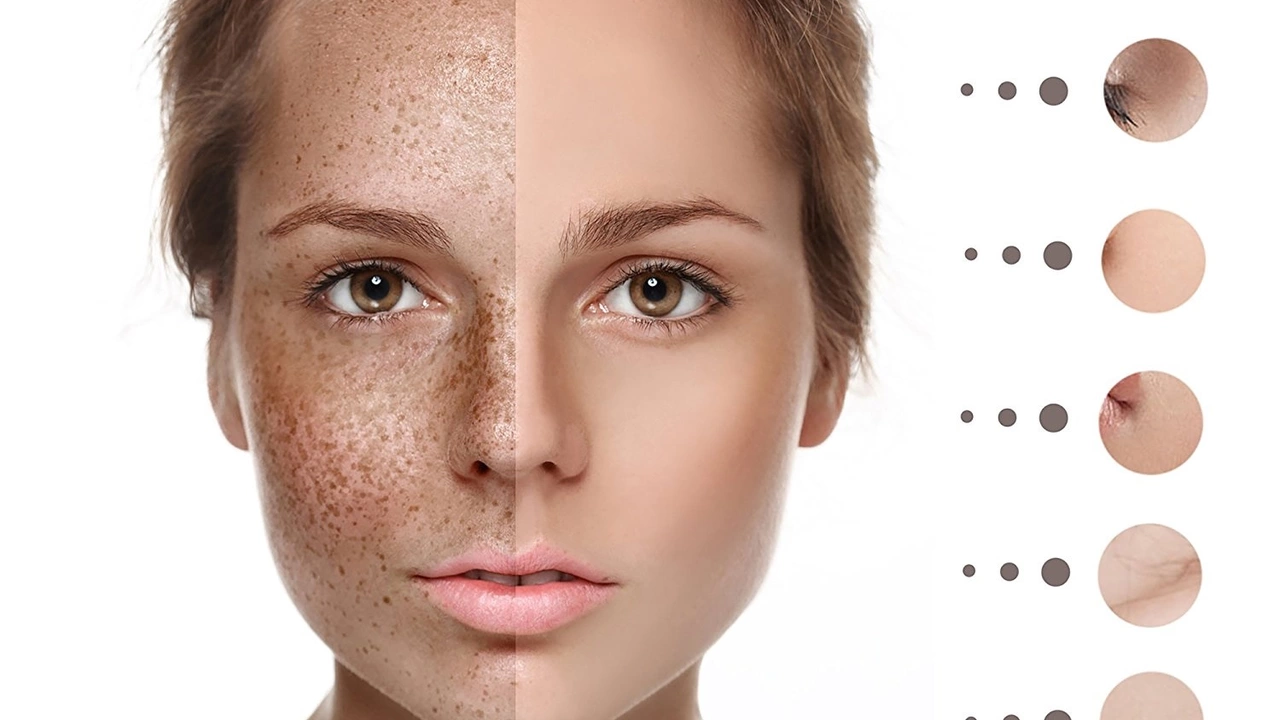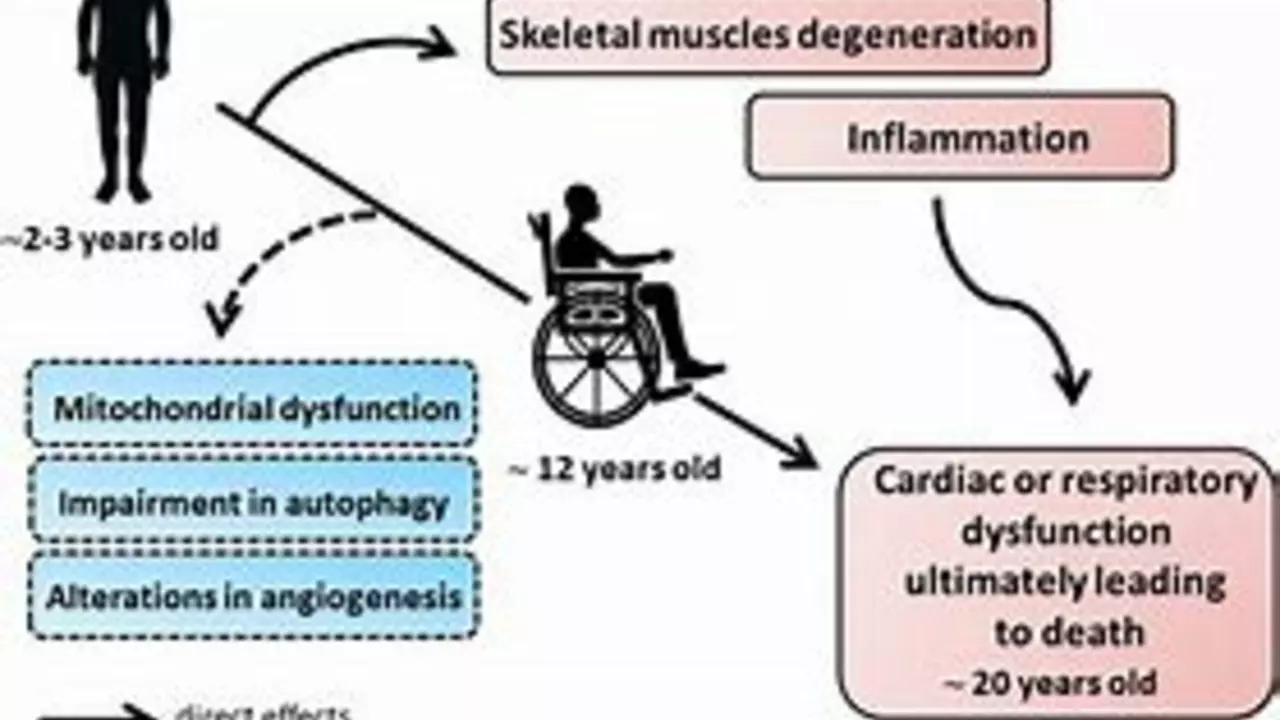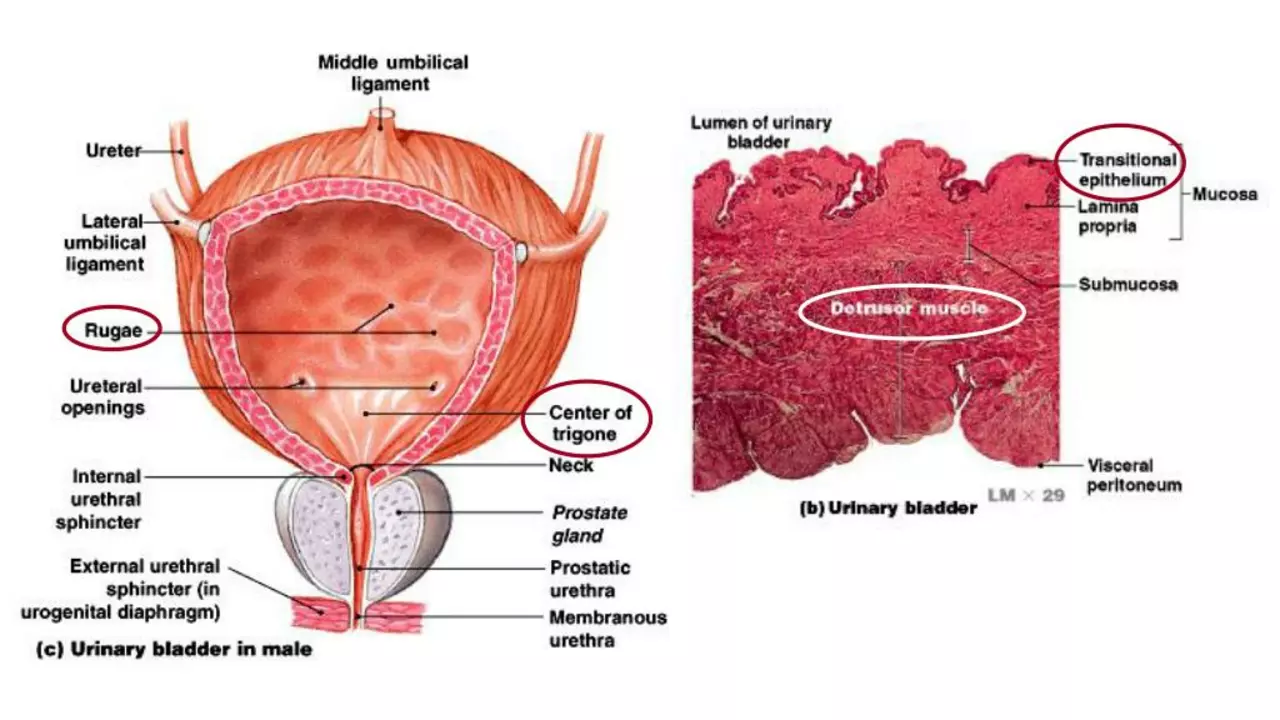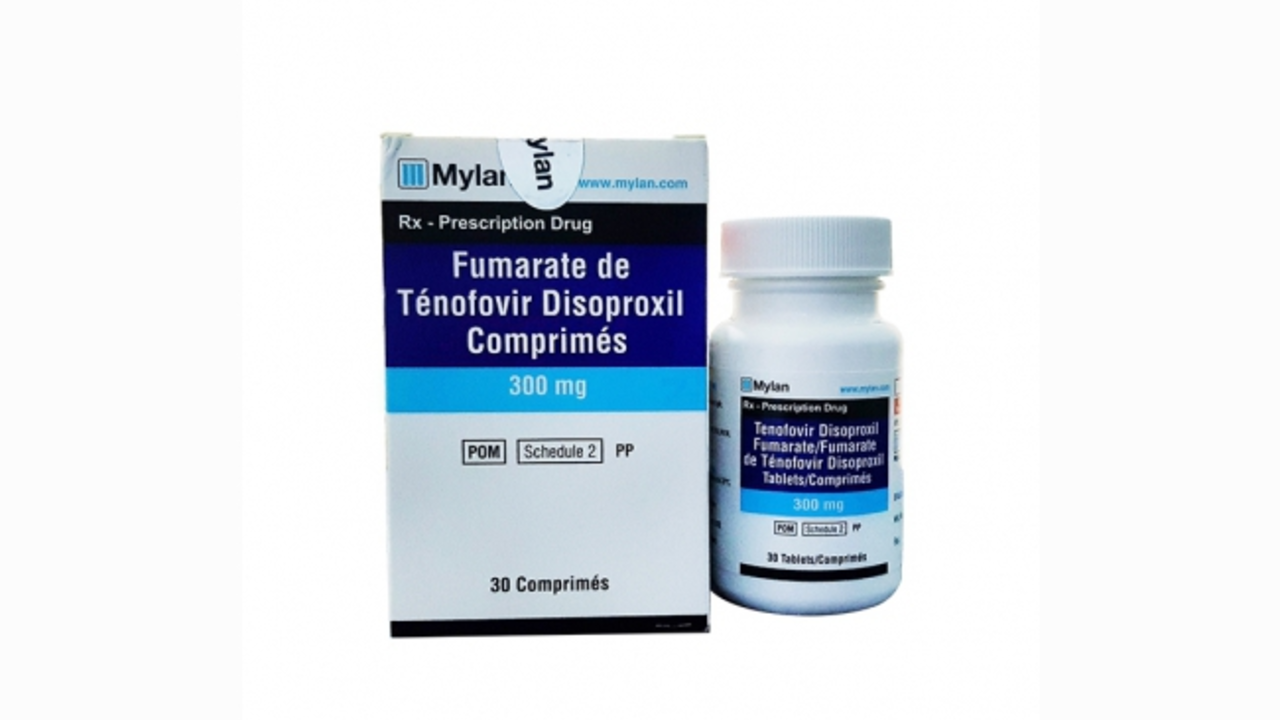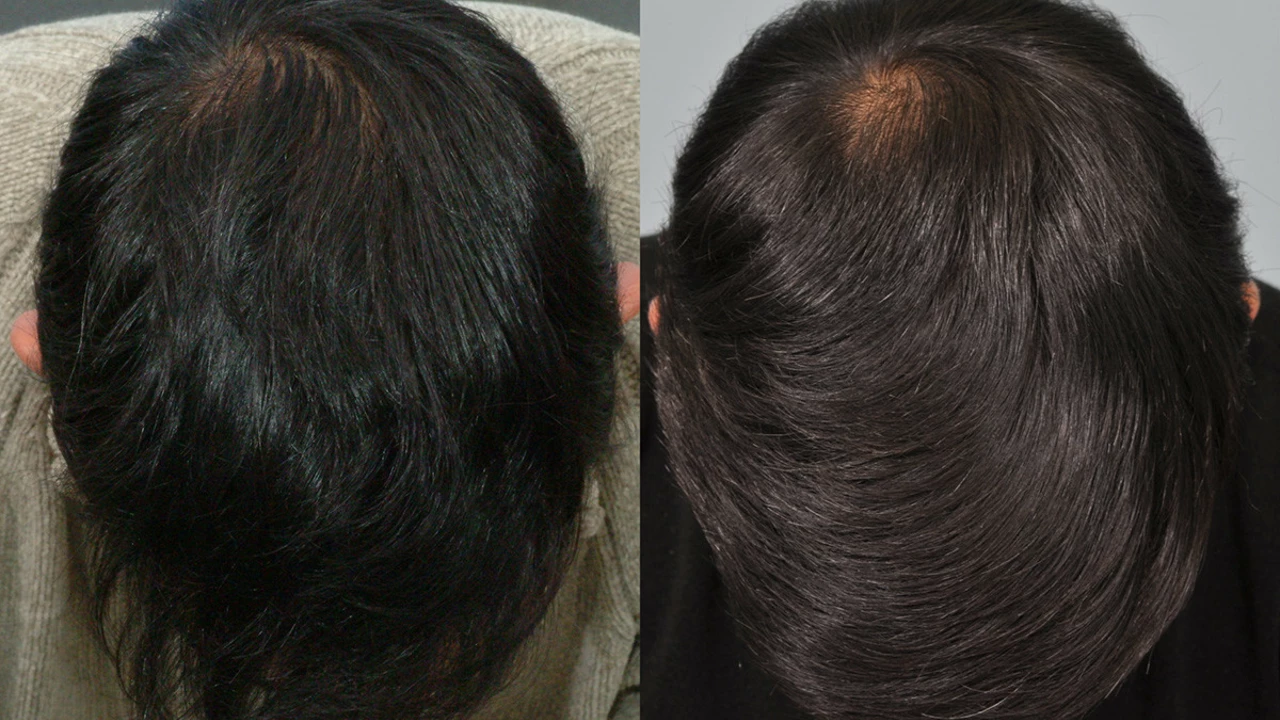July 2023: Practical Notes on Meds, Skin, and Serious Conditions
July brought a small but useful set of posts covering skin care, rare disease planning, medication ideas, cancer warning signs, supplements, and hair-loss strategies. If you want short, actionable takeaways from each article without wading through long reads, this page pulls the essentials together so you can act fast.
Chloasma prevention: Daily sun protection is the win here — broad-spectrum SPF 30+, reapply every two hours in sun, and wear a hat. Add topical antioxidants (like vitamin C) and gentle exfoliation to keep pigmentation even. If hormonal changes or medications trigger discoloration, talk with a dermatologist about targeted treatments such as azelaic acid or prescription options.
Preparing for end-of-life care with Duchenne: Start conversations early with loved ones and your care team. Decide on a primary contact, document wishes in an advance directive, and connect with palliative care for symptom control and comfort planning. Practical steps: list priorities (breath support, pain control, location of care), organize medical records, and schedule family meetings so no one is guessing later.
Clonidine and Raynaud's Phenomenon: Clonidine — usually used for blood pressure — has been explored for easing Raynaud's by affecting vessel tone. Research is preliminary, so don’t self-medicate. If Raynaud's limits daily life, ask your doctor whether trying clonidine or other vasodilators is appropriate and monitor side effects closely.
Urinary retention and bladder cancer: Difficulty emptying your bladder can be a warning sign, especially if it’s new or persistent. If you notice frequent retention, blood in urine, or changes in flow, see a clinician for evaluation. Expect simple tests first (urinalysis, ultrasound) and, if needed, referral for cystoscopy to check the bladder directly.
Disoproxil fumarate for HIV-positive pregnant women: Tenofovir disoproxil fumarate has helped cut mother-to-child HIV transmission when used in pregnancy. The key points: start and maintain therapy, follow prenatal care closely, and keep open communication with your HIV care team to protect both the mother’s health and the baby’s outcome.
Irvingia Gabonensis (African Mango) and weight loss: Some people report metabolic and appetite benefits from Irvingia supplements, but evidence varies. If you try it, choose a reputable brand, expect modest results, and combine with a sensible diet and exercise. Watch for interactions with other meds and check with your doctor.
Combining finasteride with other hair-loss treatments: Finasteride often works best alongside topical minoxidil, laser therapy, or medical procedures. Before mixing treatments, review potential side effects and set a monitoring plan with your clinician so you can measure improvement and stop something if it causes trouble.
Quick takeaways
Protect skin from sun, plan ahead for serious illness, don’t self-prescribe experimental uses of meds, and get prompt checks for urinary issues. Supplements can help a bit, and combining hair-loss treatments is common — but always check with a clinician.
What to do next
Pick one practical step from the post that applies to you this week: book a dermatologist visit, update an advance directive, schedule a urology check, or talk to your prescriber about treatment combos. Small steps add up fast.

